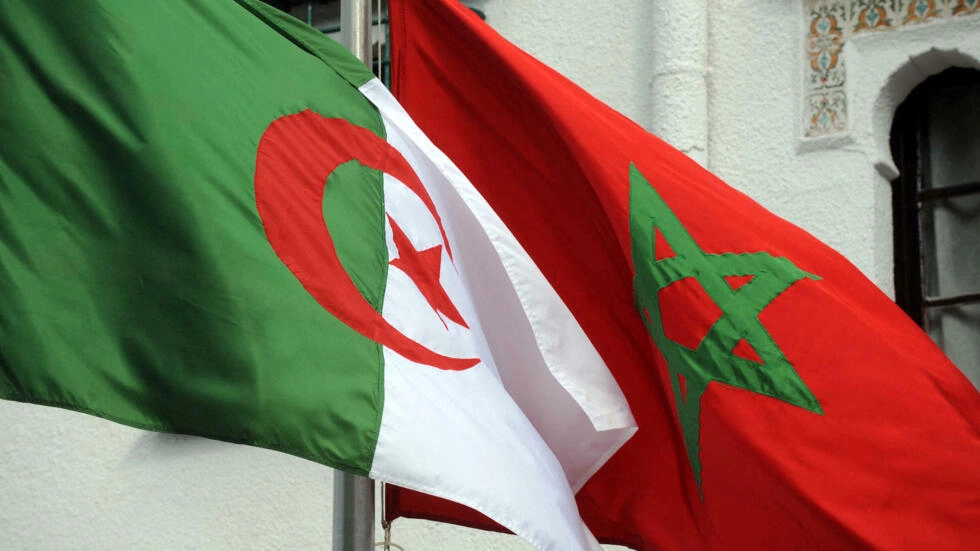Officials in Morocco and Palestine are teaming up to boost the trade volume between their countries and promote economic partnerships in various fields.
Palestinian Minister of National Economy Khalid al-Assaily and Moroccan Ambassador to Ramallah Mohammad Hamazawi agreed May 19 to expand those ties. This is the first agreement of its kind between the two countries aside from those signed under the umbrella of the League of Arab States, officials said.
Work is underway to draft a deal for economic, trade and technical cooperation, as well as tourism development. The pact will call for forming a joint economic committee and joint business council, and will contain clear directives on supporting investment, said Rayan Darwish of the Palestinian Ministry of National Economy in Ramallah. Darwish is head of bilateral and multilateral relations.
Darwish told Al-Monitor the countries hold valuable opportunities for each other and the proposed agreement will serve as the regulatory framework to take advantage of these prospects.
Palestine and Morocco are both signatories to economic agreements within the Arab League, mainly the Greater Arab Free Trade Area Agreement (GAFTA) of 1998 and the Agadir Agreement of 2004. These agreements, however, remain unimplemented and have little impact on the two countries’ trade volume. According to the Palestinian Central Bureau of Statistics (PCBS), Palestinian exports to Morocco stood at only $329,000 in 2017, while Morocco exported goods worth $2.31 million to Palestine.
PCBS statistics show the most important imports Palestinians receive from Morocco include cars, ready-to-eat seafood products, sugar products, bread, cakes, biscuits, and other bakery goods and yeast. Meanwhile, Palestinian exports to Morocco have been limited to fruits, dates, bricks, types of compressed or molded glass, and certain types of tiles used in mosaics.
Darwish explained that many Palestinian-made goods, such as leather products, arrive in Morocco through indirect exporting, and the joint agreement will ensure that products will be sold and sent by Palestinian merchants directly to Moroccan markets, especially leather and aromatic and medical goods, which have seen a major increase in production and quality in Palestine.
Darwish said the agreement could open the door for Palestinians to Moroccan markets in general.
However, Palestine Trade Center (PalTrade) chairman Arafat Asfour told Al-Monitor there are two problems in Palestinian trade and economic relations with Morocco. The first is the distance between the countries; the second is similar local products, which limits the possibility of opening private trade channels with Morocco. He believes Morocco is not a key market for Palestine.
PalTrade is a nonprofit organization that helps Palestinian companies export their products to Arab and international markets.
Asfour believes that to overcome those obstacles, there must be an intervention through official agreements at the level of governments, rather than sticking to private sector initiatives by businessmen to forge economic partnerships.
“Private-sector efforts and initiatives to open up markets and partnerships with the Moroccan private sector have always collided with the lack of government policies to facilitate investment and create awareness,” he said. “We tried before to export construction stones to Morocco but it wasn’t easy, especially since goods are exported through Israeli ports.”
He doubts the government will actually implement the agreement and set up the procedures for investment incentives.
“We need government follow-through so that this agreement doesn’t remain mere talk without action, as was the case with the Algerian government decision to exempt Palestinian imports from custom duty. [That was] five years ago and remains unimplemented,” Affour said.
Bassam Walweel, head of the Palestinian Food Industries Union, seemed more optimistic about the joint agreement. He said that Morocco could serve as an economic gate to all African countries, which Palestinian businessmen are looking to target.
Walweel stressed the need to establish a holding company and include the Palestinian private sector and the government (through the Palestinian Investment Fund, which is affiliated with the Palestinian Authority) in economic opportunities.
Walweel believes that in addition to being a promising market for Palestinian industries, Morocco also has advanced experience in investment, and it’s of paramount importance for the Palestinian government and private sector to take this opportunity.
The joint agreement falls under Assaily’s 100-day plan, which he launched May 20 to boost the local economy and broaden Palestine’s trade exchange horizons. The ministry seeks to improve economic ties with Arab countries by boosting trade volume and investments in both directions and exploiting economic synergy.
According to Assaily, this agreement is the first step and will be followed by joint visits by businesspeople to gauge the investment domains that can be developed.
Commenting on the agreement’s potential impact on the Palestinian economy, Assaily said, “We are in the initial stages of signing the agreement, and it will take a long time to reap the benefits.”
The Ministry of National Economy is hoping to draft and approve the terms of the agreement so it can be signed before the end of the year.














